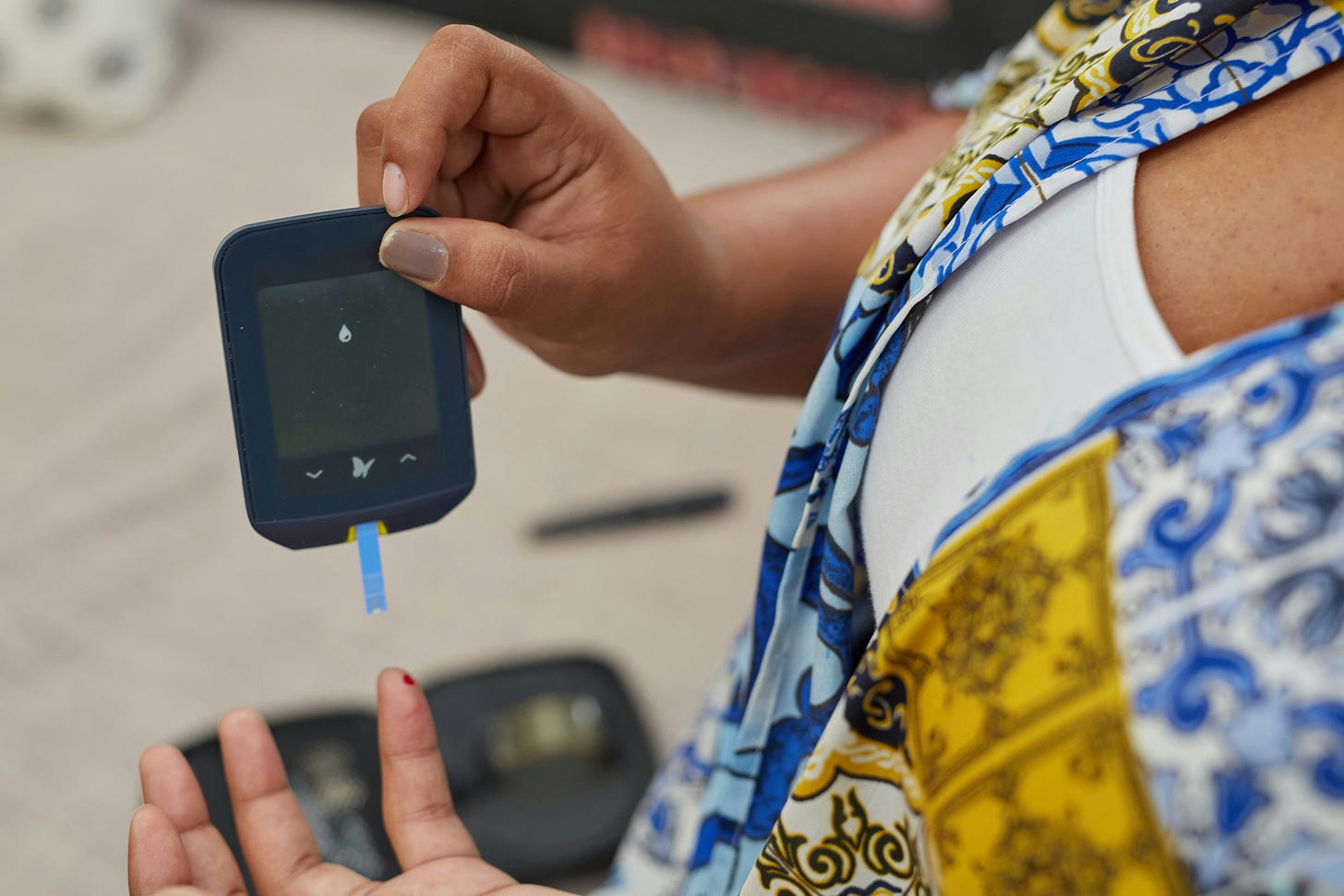
Continuing in our series on vitamin D and health outcomes, today we’re going to talk about diabetes and blood sugar. If you spend a lot of time in online wellness spaces, you’ve probably heard a lot about how supplementing with vitamin D can supposedly regulate blood sugar and prevent diabetes. Even some mainstream diabetes organizations promote this idea, based on a small number of studies that seem to show a benefit.
Vitamin D is thought to help regulate insulin production and secretion. There are vitamin D receptors in the pancreas and in many other cells and tissues that are targets for insulin. Also, there are correlations between vitamin D deficiency and diabetes—but of course, correlation is not causation. What we really need to know is whether supplementing with vitamin D helps reduce the incidence or severity of diabetes.
What does the overall body of evidence say? Is this another case where the hype outpaces the science—or are there actually some situations where the supplement might have some benefits? And have there been some major ethics-related scandals in this area of research? The answer to that last question is yes, absolutely, and we’ll get into all of that later in the episode. But first, let’s talk about the others.












